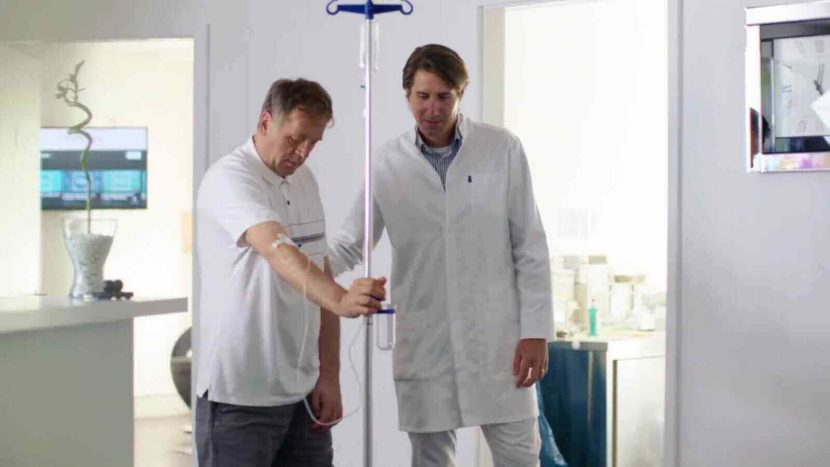The Caregiver’s role
The primary tasks in caring for a stroke patient are to take care of them comprehensively, to care for them and to accompany them during their recovery. This experience can be both morally rewarding and emotionally taxing, regardless if the survivor is a loved one or someone you are not as involved with. Typically, the role of caregiver falls onto the person’s lap after a sudden stroke, making the position challenging to adjust to.
Adjusting to new circumstances after a stroke
The aftermath of a stroke leaves both the survivor and their loved ones unsettled as they desperately try to adjust to their new lives. The survivor’s mission is to regain their independence while their loved ones seek to assign familial responsibilities to aid in recovery.
One of the most important things to remember when acting as a caregiver is to practice patience. This is not always easy, but stroke survivors require a patient caregiver. Rehabilitation is a gradual, tedious experience, often requiring the survivor to relearn simple words and movements.
The seemingly uncomplicated nature of the rehab process can make a caregiver feel frustrated, as though their loved one should be better by now. Keep in mind that recovery is not a simple effort, and retraining the brain takes time. There are many things that your stroke survivor wish you understood.
There is nothing wrong with admitting to feeling overwhelmed. If you are reading this, it means you are already interested in becoming a more mindful, effective caregiver. You understand that there are resources out there to help you, and not one source has all the answers.
Here Are Some Practical Resources For Caregivers:
- Caregiver Action Network: A non-profit organization providing education, peer support, and resources to family caregivers across the country (free of charge).
- Lotsa Helping Hands: Connects caregivers and volunteers through online communities to organize daily life during times of medical crisis or caregiver exhaustion.
- Stroke Association Support Group Finder: Stroke support groups are helpful resources for both survivors and their caregivers/loved ones. Learn, listen, and socialize with people in your community who share the same experiences.
- Family Caregiver Alliance: An organization designed to improve the quality of life for caregivers through education, services, and research.
- Eldercare Locator: A public service of the Administration on Aging. It is full of health, transportation, and housing resources for both older residents and their caregivers.
Most importantly, don’t give up hope. As a caregiver, you are the primary source of motivation, hope, and positivity for your survivor. They look to you for help, guidance, and acceptance. To make recovery easier to manage, the right attitude is enormously important. If nothing else, it can make the road to recovery feel easier, and always remembering that there is always hope after a stroke can help make the situation easier to cope with.



